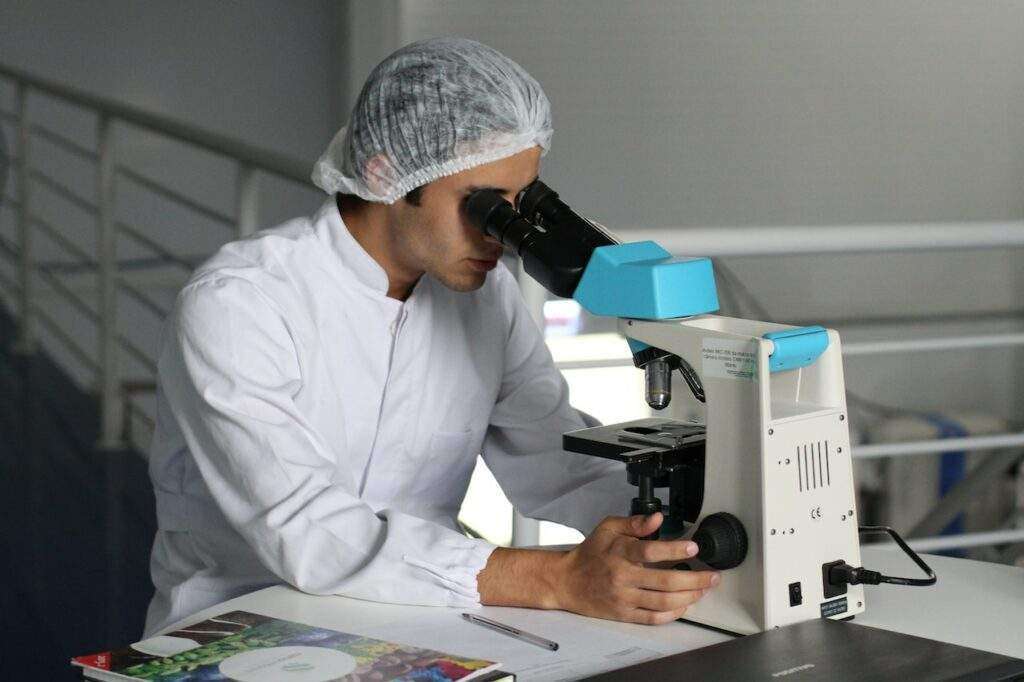
Medical science is being enhanced by numerous new technologies, among those of which is artificial intelligence (AI). Developments in AI technology are helping to change the landscape of healthcare as we know it. Whether it is the way in which medical care is delivered or the type of new treatments that are becoming available, there is no doubt that AI methods are instrumental in improving medical science. But how exactly is this?
Delivering services
AI technology is applying to help with the delivery of healthcare services. For instance, many medical practices now use AI systems to help monitor patients, allow for online check-ins, and schedule appointments.
Furthermore, machine learning can help researchers and medical professionals process complex data to help them predict important insights, such as disease incidence or trends within a population. Not only does AI technology reduce the workload for professionals, it can increase the likelihood of better health outcomes and experiences for patients.
Diagnosis
It can argue that a machine is more accurate and reliable than a human, and nowhere is this more important than within the healthcare industry.
Humans make mistakes and even the most experienced and skilled professional can miss something vital that puts a patient’s life in danger. It is therefore unsurprising that AI technology is using more and more in diagnostic medical imaging. That it have impressive accuracy. A bot that analyses medical images, such as X-rays, CT and MRI scans, is likely to be more precise than a human.
Treatment and research
As well as accurately diagnosing medical conditions, AI software is helping medical science in terms of treatment for health conditions. For instance, AI technology is commonly within medical settings via clinical decision support tools. Using AI algorithms, these programs are to help with clinical decision making. Such as deciding on the most appropriate and effective treatments for a patient.
An example where AI software is improving medical science is within the field of cancer research and clinical oncology. AI is beneficial in histopathology services because it reduces the likelihood of human errors when handling and processing fragile specimens. Not only that, machine learning can apply to predict genetic expression and alterations, response to treatment, and potential outcome all from analyzing digitized histopathology slides.
Another example of where machine learning is making an impression within medical science is with robot surgery. AI-powered bots can help surgeons plan complex procedures by analyzing data. Such as a patient’s medical records or any medical imaging that’s been taken. Not only do these bots work alongside human surgeons to assist them. They can make real-time decisions while operating on patients. These programs use complex AI-powered algorithms and deep learning processes. These enable them to make changes to their original surgical plan without human intervention.
Conclusion
AI technology is still a relatively new concept to most people. There is no doubt that it is having an impact on medical science. AI and machine learning software can not only help with the delivery of everyday medical services within the healthcare sector. They have the ability to make accurate diagnoses and carry out complex decisions.